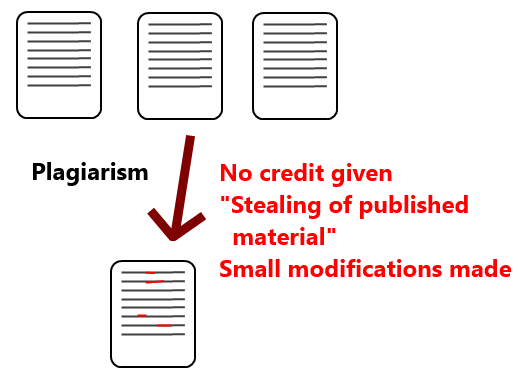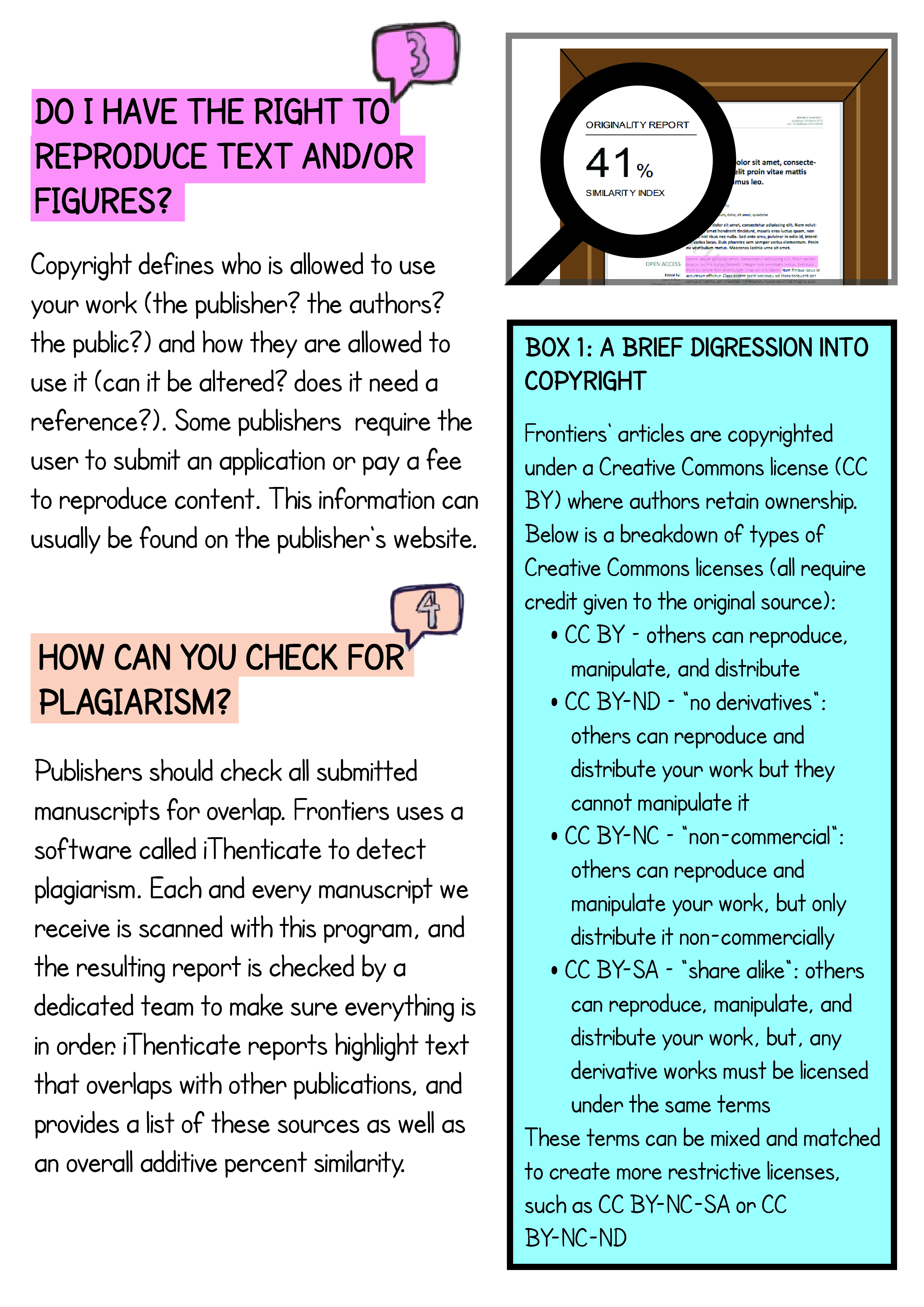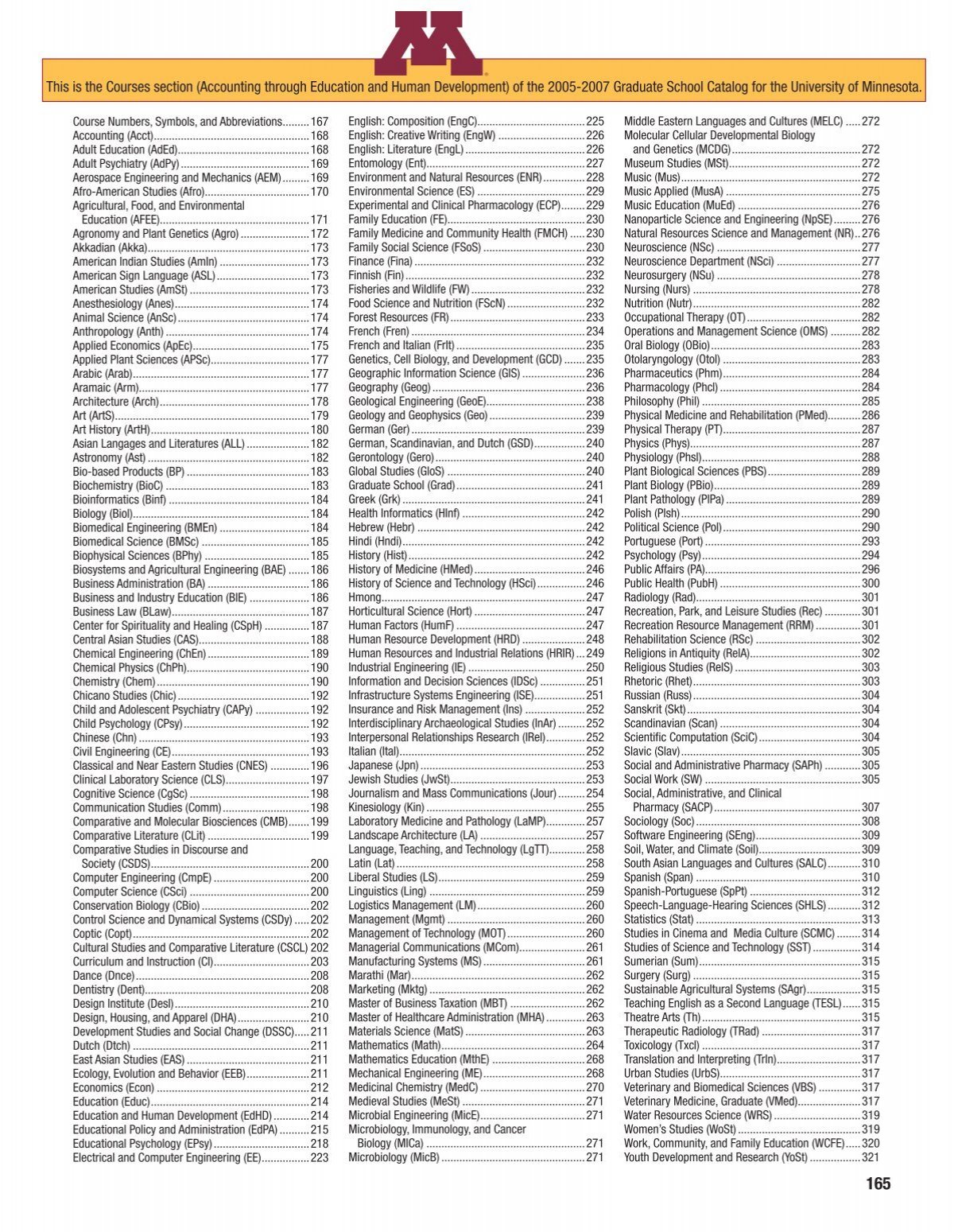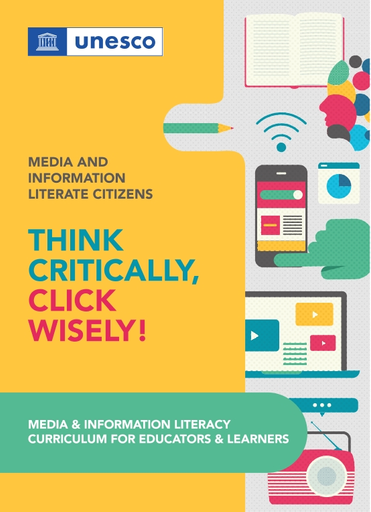Conquering plagiarism in nursing research and authorship
$ 14.99 · 4.5 (337) · In stock

Contributing to the science of nursing helps advance the nursing profession and improve patient outcomes. Essential to this success is encouragement of and support for ethical health research and authorship. Plagiarism, whether in a report, journal manuscript, grant proposal, or term paper, violates the trust between reader and author. If words or ideas have been borrowed from others (or even from an author’s previous work), the reader assumes that an ethical author will disclose that information. This article discusses plagiarism in publishing and research settings and examines why it’s a professional nursing concern, and how you can avoid self-plagiarism in your work.

Home - Plagiarism: A Guide to Understanding and Avoiding - Guides at Dahlgren Memorial Library

Avoiding the temptation to publish in “slices”: a case study

Should plagiarism lead to retraction in all circumstances?

Everything You Need to Know About Plagiarism

NUR 513 Topic 6 DQ 2.docx - 1 NUR 513 Topic 6 DQ 2 Evidence-based

PDF) Student life - Academic integrity leads on to ethical practice

Accounting through Education and Human Development - University

PDF) Plagiarism or differing ways of representing knowledge?

The expanding role of gastrointestinal nurses—from nursing to

PLAGIARISM Dr. Abubakir Majeed Lecturer of Community Medicine Hawler Medical University - ppt download
Media and information literate citizens: think critically, click wisely!

Opinion Paper: “So what if ChatGPT wrote it?” Multidisciplinary perspectives on opportunities, challenges and implications of generative conversational AI for research, practice and policy - ScienceDirect

What is Concept paper and how to write a concept paper
